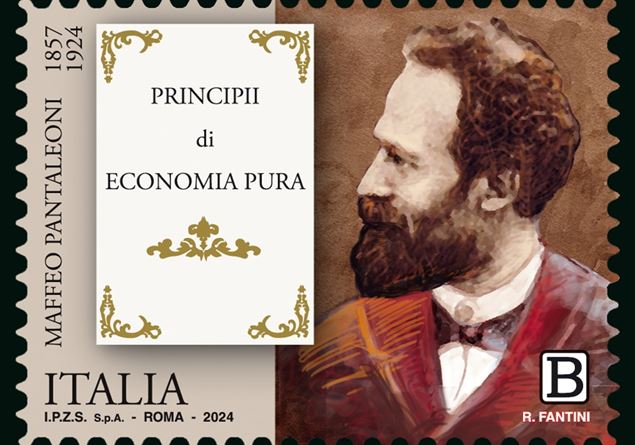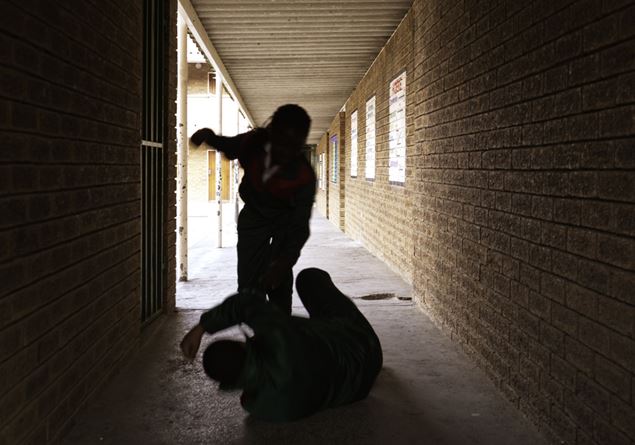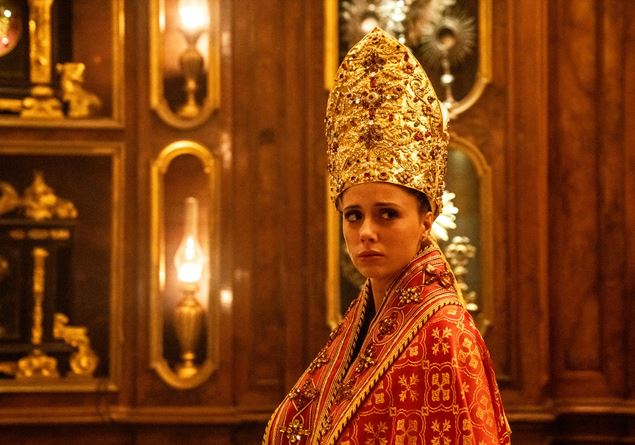
Dear reader friendsended on October 26 last Synod of bishops on synodalitywhich we give you an account of in the report on page. 24 and in the interview with Don Dario Vitali. It was a long journey that saw the assembly involved over a period of time 3 years. But perhaps this important event of the Church – better: of People of Godunder the guidance of Dad – often seemed distant and not very relevant to life “concrete” of the faithful.
But upon closer inspection, the Synod that has just concluded touches on something vital for the Church, namely the Communionthe participationthe mission of all the People of God. Francis he did not want to add anything else to what was said by the Synod, stating his conclusion that «in the document there are already very concrete indications, which can be a guide for the mission of the Churches». But how can this more concrete level be expressed in the experiences closest to us? It is striking that in the final document of a universal assembly the terms “parish(s)”, “parish(s)” they recur well 15 times (nn. 7,9, 60, 86, 103, 105, 107, 111, 117, 144): a symptom that the Synod can, indeed must, concern our concrete experience of Church-People of God. A number is expressly dedicated to parish (n. 117).
Some points of the document are qualifying for concretely shaping communities in the sense “synodal”. It’s not about “do more things”but to live them in a new horizon. “The participatory bodies», we read in n. 103, «constitute one of the most promising areas on which to act for a rapid implementation of the synodal guidelines». We are referring to Pastoral council et al Economic Affairs Council: these are “groups” where decisions often need to be made. The document recalibrates the responsibilitywhich belong to everyone, each according to his own charisma And ministry (“differentiated co-responsibility”), underlining that this is a process that requires a discernment (nn. 81-86) in view of a decision (87-94).
With the method of “spiritual conversation” a concrete way of living this co-responsibility between is offered shepherds And lay people. It is a very different way of conceiving and living theauthorityin a climate of trust, listening and active co-responsibility of lay peoplewhich means real Communion And participation at the mission (the 3 key words of the Synod).
The whole Part III (“Cast the net”) is suitable for reading in groups in the parish to draw ideas for the “process conversion” decision-making, which also involves a “conversion of relationships” (Part II, “On the boat together”). The document then dedicates space to other realities that we experience precisely in the local Church and which already are or can become a school of synodality: theSunday Eucharist (n. 142), the catechesis (n. 145), theChristian initiation (n. 24). Recommend the discernment training (n. 86): precisely «in the local Churches, starting from the small ecclesial communities and parishes».
There would be much more to focus on to implement synodality at a local level – for example the need, still not fully implemented everywhere, to give space to women also in leadership roles in the Church, with full recognition of their place in the different areas of the life of the Church (n. 60) – but we are forced to stop. The Synod is concluded, but not there synodality: the ball passes to us.









